War clouds loom large over Southeast Asia as the clashes between Thailand and Cambodia have entered day 2 on Friday, July 25. Clashes that began on Thursday resumed early on Friday, the Thai military reported, as the two countries fight in their bloodiest military clashes in over a decade.
The intense fighting has prompted Thailand’s acting Prime Minister Phumtham Wechayachai to tell reporters in Bangkok, “If the situation escalates it could develop into war, though for now it remains limited to clashes.”
He also said the exchanges had affected people’s lives and that the government had “protected our nation and sovereignty”.
Here’s what’s going on as we decipher in which direction will these clashes move — will it be a war or will cooler minds prevail?
Thailand, Cambodia exchange heavy artillery fire on Day 2
Fresh clashes broke out at 4:30 am local time on Friday with both countries trading heavy artillery and rocket fire. Today’s fighting has expanded to 12 locations from the six on Thursday along the disputed border, said a Thai military official, indicating that the conflict is widening.
Thai’s military spokesperson Rear Admiral Surasant Kongsiri told a press conference Cambodia had continued to use heavy weapons. In turn, Cambodia’s local reports state that the Thai troops are using cluster munitions in Phnom Khmouch and Techo Thammachart Village — near the Thai border.
The Cambodian Mine Action and Victim Assistance Authority (CMAA) in a statement said that the use of the weapons was a “serious breach of international humanitarian norms”. Cluster munitions are banned under the 2008 Convention on Cluster Munitions due to their indiscriminate impact and lasting danger, particularly to children, the statement added.
Reuters journalists in Surin province reported hearing intermittent bursts of explosions on Friday, amid a heavy presence of armed Thai soldiers along roads and gas stations in the largely agrarian area.
Death, destruction and displacement
As a result of two days of intense firing between Cambodia and Thailand, a total of 16 people have died. Moreover, Thai officials said 138,000 people from four border provinces had been evacuated.
In Surin, evacuee Ngerntra Pranoram said she was “shocked” by the fighting. “Nobody wants this to happen. I feel for the elderly and the disabled. It’s very difficult for them to get here,” she said, according to Reuters. “Some people have cars, which is good, but for those who don’t, it’s really hard.”
Seamstress Pornpan Sooksai also told AP, “I just heard, boom, boom. We already prepared the cages, clothes and everything, so we ran and carried our things to the car. I was frightened, scared.”
Rattana Meeying, another evacuee, said she had also lived through the 2011 clashes between the two countries but described this flare-up as worse. “Children, old people, were hit out of the blue," she said. “I never imagined it would be this violent.”
Some villagers earlier dug holes to create makeshift underground bunkers, covering them with wood, tarpaulin and zinc sheets to shield themselves from shelling. Families with children were seen packing their belongings on home-made tractors to evacuate, though a few men refused to leave.
As per a report by the Associated Press, more than 4,000 people in Cambodia have been displaced from their homes near the border. Videos from Oddar Meanchey on Thursday showed villagers fleeing in the dead of night, packing their belongings into vehicles and sleeping under tarps.
The clashes have also caused widespread destruction to property. On Friday, Cambodia alleged that Thai forces had struck near the Preah Vihear temple – a UNESCO World Heritage site and longstanding flashpoint between the two countries.
Authorities in Phnom Penh released photos they say show damage to the ancient hillside temple complex, which sits along the contested border in Preah Vihear province.
However, Thailand has rejected this charge, saying it was a “clear distortion of facts”. “The Royal Thai Army would like to state that the operations of the Thai military forces have a clear goal of retaliating only against the Cambodian military forces, and are not targeting civilian areas or any locations unrelated to the military operation in any way,” it said on X.
All the fighting has also resulted in foreign governments issuing travel advisories for their citizens. On Friday, the Indian embassy in Thailand has urged its nationals to stay updated and avoid certain areas near the Thailand-Cambodia border.
In view of the situation near Thailand-Cambodia border, all Indian travelers to Thailand are advised to check updates from Thai official sources, including TAT Newsroom.
— India in Thailand (@IndiainThailand) July 25, 2025
As per Tourism Authority of Thailand places mentioned in the following link are not recommended for… https://t.co/ToeHLSQUYi
India’s advisory comes after the US, the UK, Canada, Australia, and Hong Kong has similar warnings.
War clouds loom large
Reacting to the violence that is occurring, Thailand’s acting Prime Minister Phumtham Wechayachai said, “We have tried to compromise as we are neighbours, but we have now instructed the Thai military to act immediately in case of urgency.
“If the situation escalates, it could develop into war, though for now, it remains limited to clashes.”
Michael Buehler, a reader in comparative politics at SOAS, University of London, told The Guardian that the current fights is heading towards a bigger crisis owing to a dangerous mix of nationalism, military posturing, and political fragility in both countries. “With both governments under pressure and national pride at stake, there’s a real risk of further deterioration,” he added.
World calls for calm
Even as Thailand warns of a war, the international community is seeking peace. In fact, the United Nations chief has called on both countries to show restraint. In a statement, UN Secretary General Antonio Guterres asked Thailand and Cambodia to resolve their escalating border dispute through dialogue.
Moreover, the UN Security Council is expected to convene an emergency meeting on the crisis later today in New York.
Earlier, countries such as China, Malaysia and even the United States have offered to mediate between the two Southeast Asian neighbours. Malaysian Prime Minister Anwar Ibrahim said in a Facebook post late Thursday he had spoken with Thailand’s acting Prime Minister Phumtham Wechayachai and Cambodian Prime Minister Hun Manet. He called on both sides to stop fighting and seek a diplomatic solution.
And on Friday, a spokesperson from the Thai foreign ministry said that it was open to Malaysia mediating in efforts. “We are ready, if Cambodia would like to settle this matter via diplomatic channels, bilaterally, or even through Malaysia, we are ready to do that. But so far we have not had any response,” Nikorndej Balankura told AFP.
However, there are conflicting reports on this issue. In a Reuters report, Balankura has rejected any foreign mediation efforts. “We stand by our position that bilateral mechanism is the best way out,” he told the news agency.
With inputs from agencies


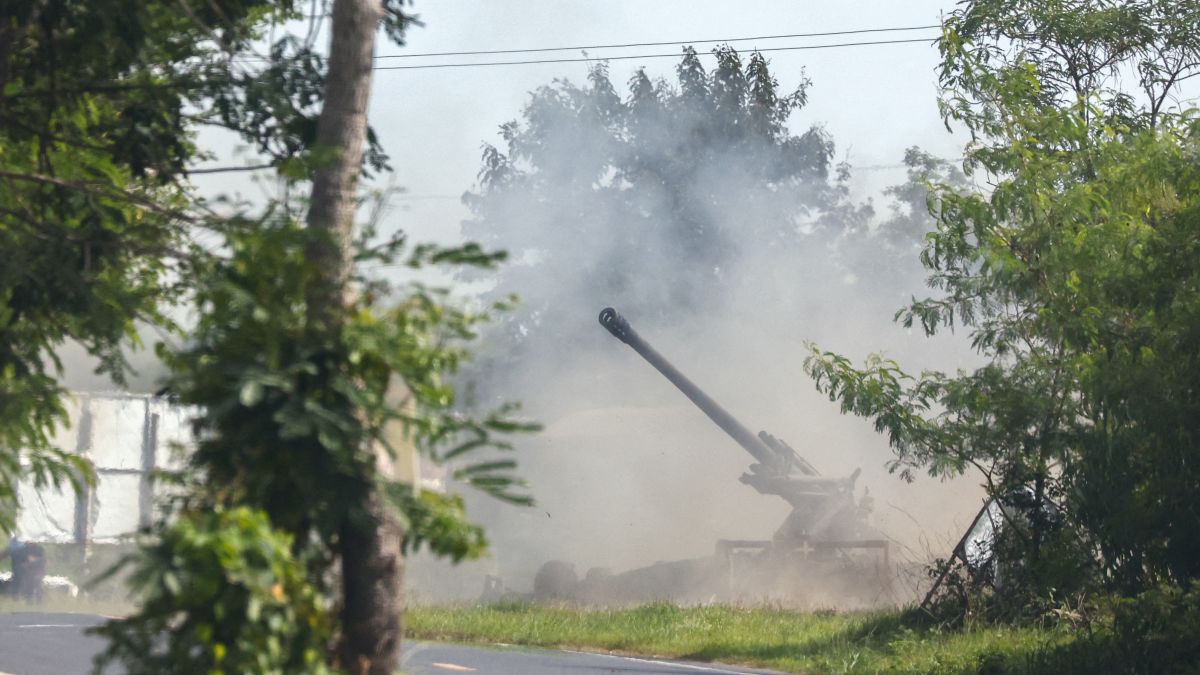)

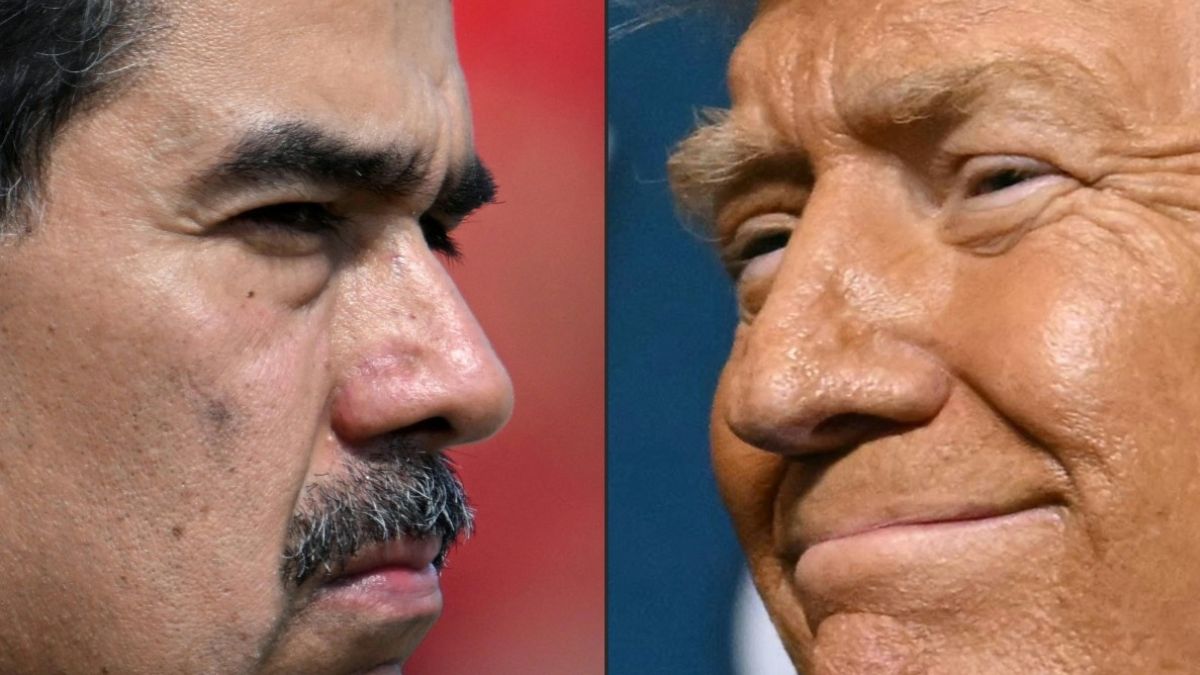)
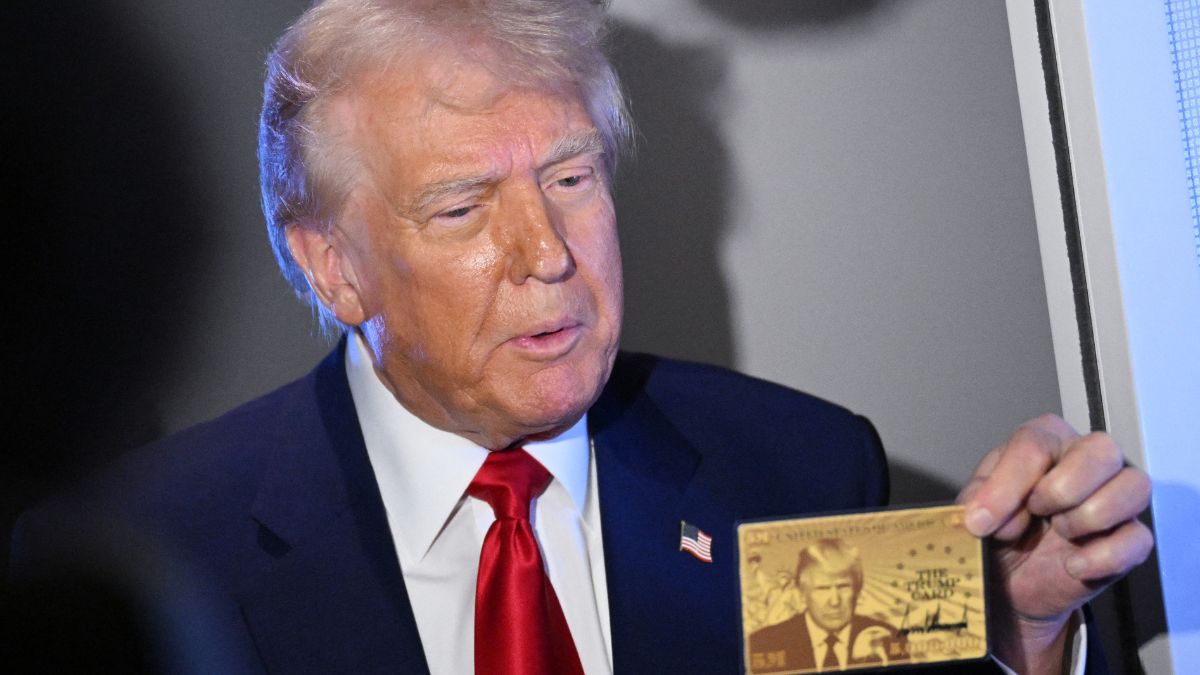)
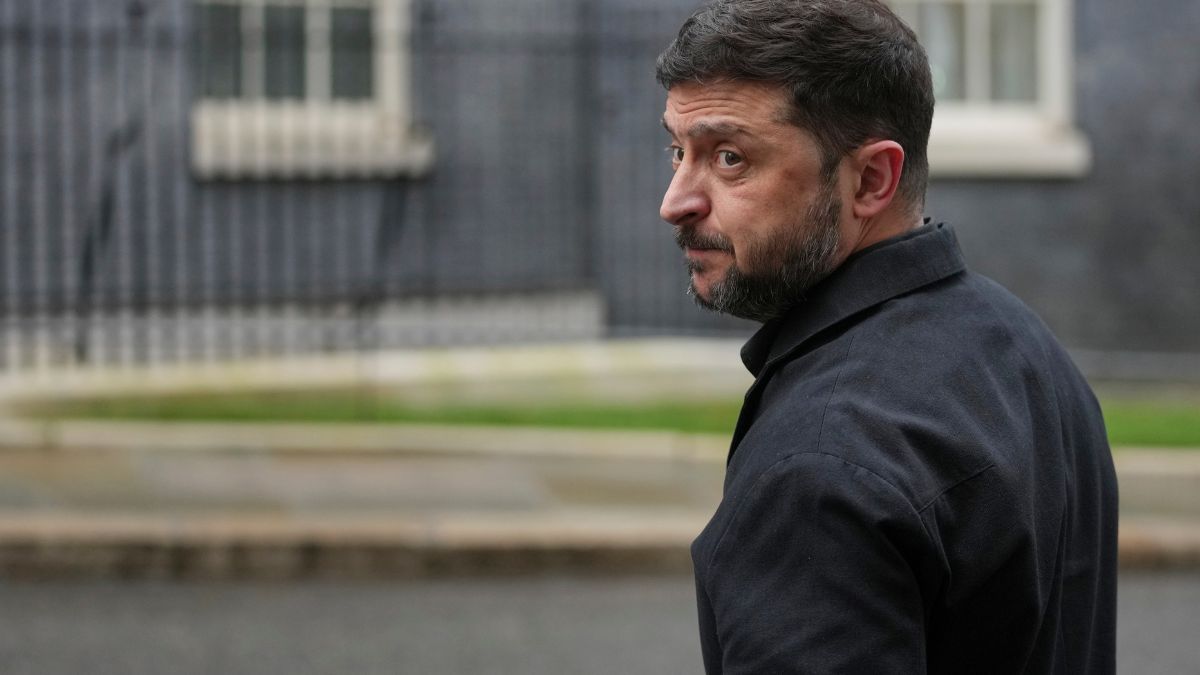)
)
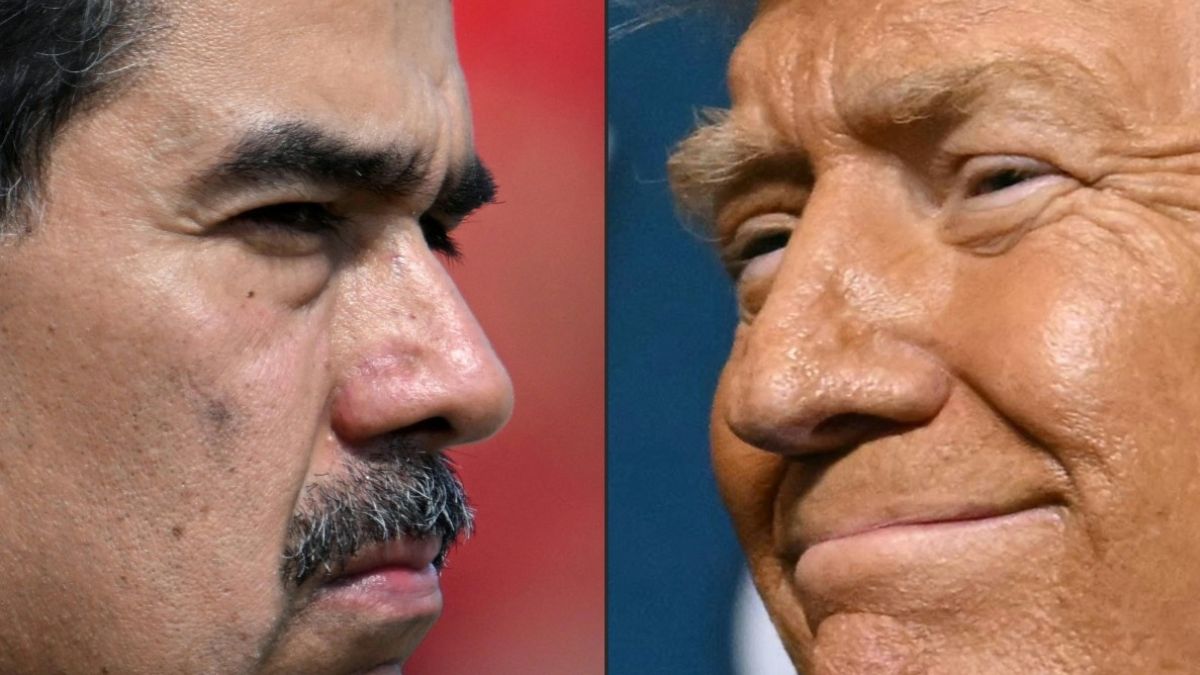)
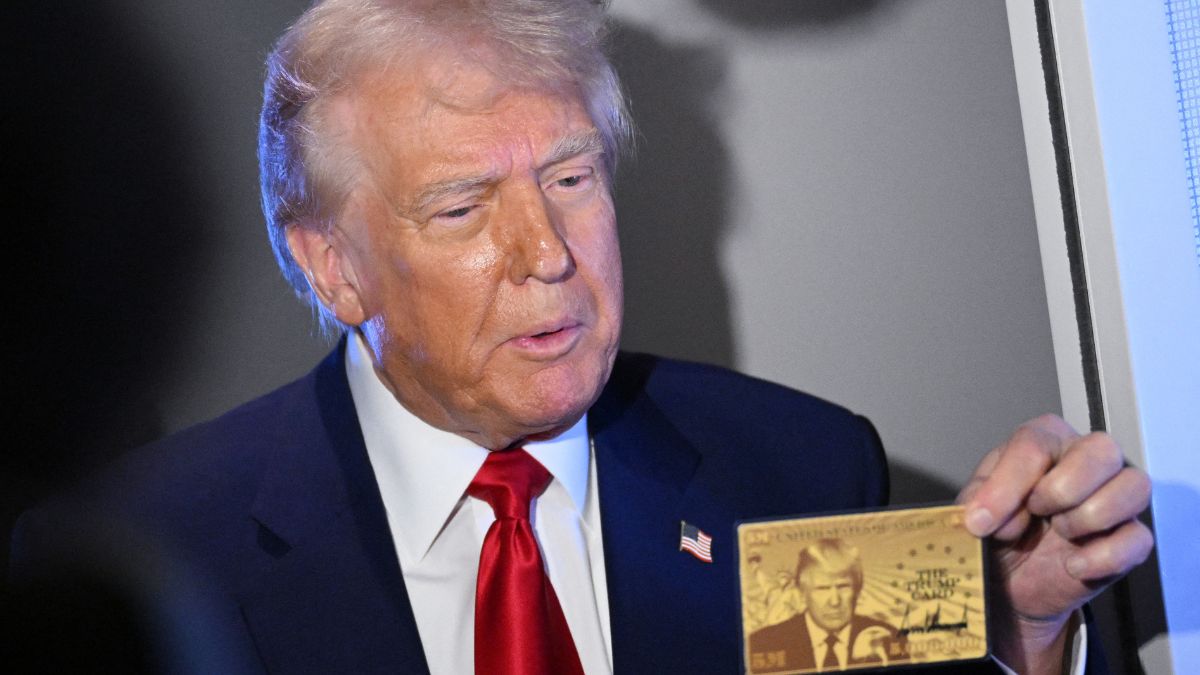)
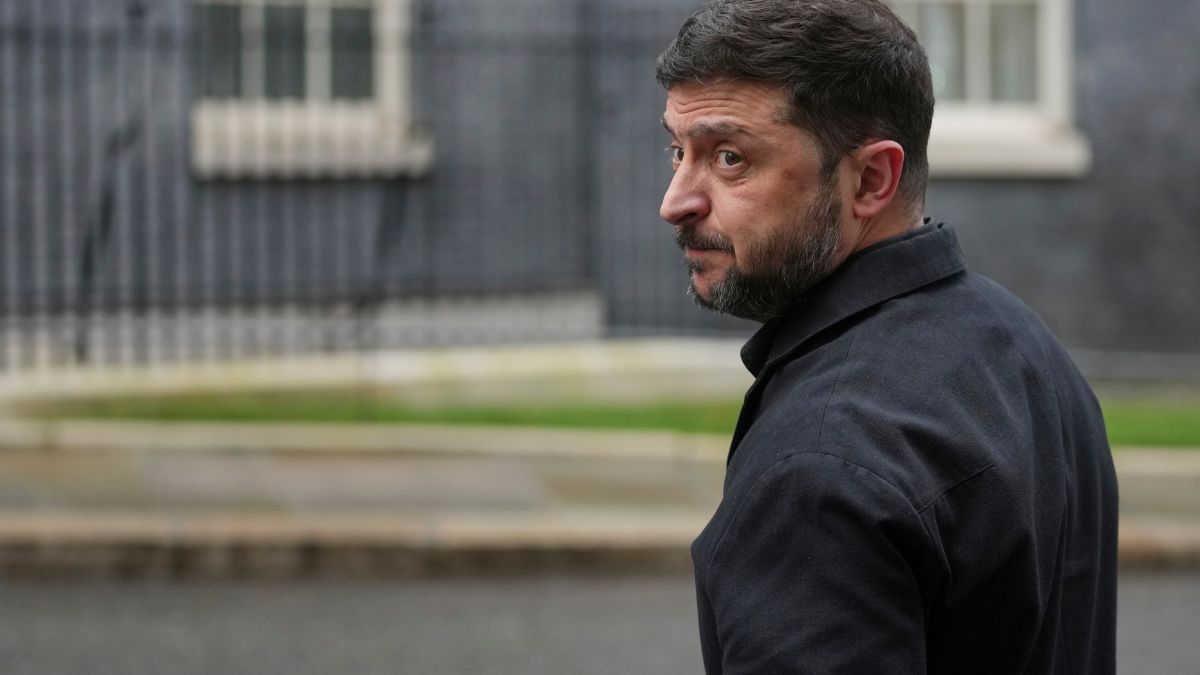)
)



